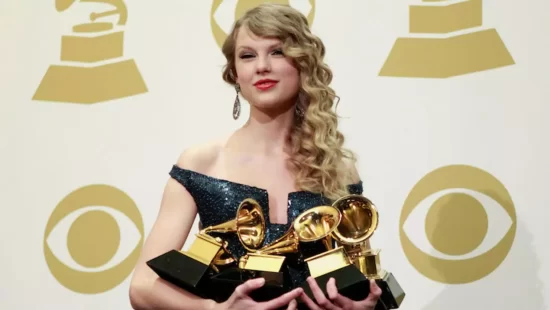But films like “Coco” by Disney Pixar have put death as the protagonist — and that has invited children and adults to approach it not with sadness or fear but as a tribute to life itself: If children ask what happens when someone dies, the message It is that we remember them, because memory is life.
“We die physically but the memory will always be alive,” Regina Cantú, a thanatologist and emotional coach, said in an interview with Noticias Telemundo.
“The movie “Coco” leaves us with that teaching in general: how to approach this issue with children. It is taking advantage, in a good sense, of the topic of death. …We’re not like video games, where characters come back. We are finite. When are we going to die? Nobody knows,” she added. Children take note of adults’ reactions to death. “If adults see death as something natural in life and transmit that to children, then there will not be so much fear or taboo on this topic,” explains Alicia Hinojosa, a psychologist who has a doctorate in thanatology.
For those who grew up celebrating the Día de los Muertos, or the Day of the Dead tradition which originated in Mexico, this holiday can offer an encouraging perspective on the loss of a loved one.
“For me, thinking about the Day of the Dead is like a celebration of life and the impact that those people had on us. It was always a very jovial celebration, very full of joy because we were doing something that we thought they (the deceased) would like. We feel like we are throwing a surprise party for those who beat us to it,” said Rossy Lima, a writer and doctor in linguistics at Texas A&M University-Corpus Christi.
It’s a different way to approach a topic that, in most cultures, is primarily painful and sometimes macabre.
Humans aren’t unique in our weird attraction to being terrified








